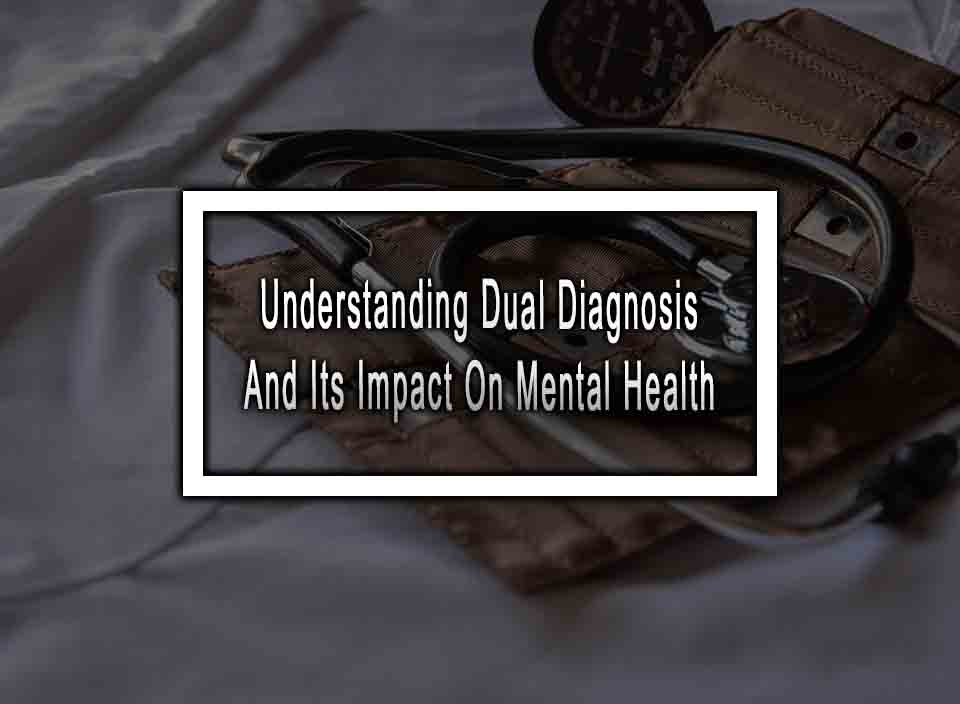Table of Contents
ToggleThe Rising Challenge of Dual Diagnosis
In a world where mental health concerns are increasingly recognized, the concept of dual diagnosis has gained significant attention. This phenomenon occurs when an individual experiences both a mental health disorder and substance abuse simultaneously. The intertwining nature of these conditions can make diagnosis and treatment complex, further highlighting the importance of understanding dual diagnosis. In this article, we delve into the various aspects of dual diagnosis, its impact on individuals, and the need for comprehensive support.
Dual Diagnosis: An Introduction
Dual diagnosis, also known as co-occurring disorders, refers to the occurrence of a mental health disorder alongside substance abuse or addiction. This condition often involves a complex interplay where one issue might fuel the other, leading to a vicious cycle. It is a highly prevalent problem, affecting a significant portion of the global population. Understanding dual diagnosis is essential in order to address the underlying causes and develop effective treatment strategies.
The Complexity of Dual Diagnosis
Dual diagnosis presents a wide range of complexities that hinder accurate diagnosis and efficient treatment. Oftentimes, individuals may turn to substance abuse as a means of self-medicating their mental health symptoms, which can mask the underlying condition. The coexistence of these disorders also intensifies the challenges faced by healthcare professionals and poses hurdles in achieving successful outcomes. Acknowledging and addressing these complexities is crucial for providing effective support and rehabilitation.
Impact on Mental Health
Dual diagnosis has a profound impact on an individual’s mental health and overall well-being. The coexistence of mental health disorders and substance abuse creates a cyclical pattern where one condition worsens the other. This exacerbation leads to increased severity of symptoms, decreased treatment effectiveness, and prolonged recovery times. Addressing dual diagnosis requires a holistic approach that considers both mental health and substance abuse aspects as interconnected components.
Seeking Comprehensive Support
Successfully managing dual diagnosis demands a comprehensive support system. Integrated treatment programs that simultaneously address mental health disorders and substance abuse offer the best chance for recovery. Combining psychotherapy, medication management, and support groups can holistically address the challenges faced by individuals with dual diagnoses. Furthermore, family and community involvement play vital roles in facilitating long-term recovery and reducing relapse rates.
Conclusion
As the global understanding of mental health continues to grow, the significance of dual diagnosis cannot be overlooked. Dual diagnosis creates a complex web of interrelated conditions that require specialized treatment approaches. Recognizing the challenges faced by individuals with dual diagnosis and the impact it has on their mental health is crucial in providing comprehensive and effective support. By promoting awareness, fostering empathy, and ensuring accessible treatment options, societal stigmas surrounding dual diagnosis can be overcome, allowing individuals to lead fulfilling lives in recovery.
Dual Diagnosis FAQ
Here are the most common questions about dual diagnosis.
1. What are common mental health disorders associated with dual diagnosis?
Common mental health disorders associated with dual diagnosis include depression, anxiety disorders (such as generalized anxiety disorder, panic disorder, and social anxiety disorder), bipolar disorder, post-traumatic stress disorder (PTSD), and schizophrenia.
2. What are the treatment options for dual diagnosis?
Treatment for dual diagnosis typically involves a combination of medication, therapy, and support groups. A personalized treatment plan is designed to address both the mental health disorder and the substance abuse disorder simultaneously. Detoxification may be required for individuals dependent on drugs or alcohol.
3. What is the goal of dual diagnosis treatment?
The goal of dual diagnosis treatment is to achieve and maintain recovery from both the mental health disorder and substance abuse disorder. Treatment aims to improve overall well-being, reduce symptoms, and teach healthy coping mechanisms to manage mental health symptoms without resorting to substance abuse.
4. Are there specific challenges in treating dual diagnosis?
Treating dual diagnosis can be challenging due to the complex interplay between mental health and substance abuse disorders. It can be difficult to determine which symptoms are directly related to the mental health disorder or substance abuse. Additionally, individuals may face issues related to stigma, denial, and lack of insight into their condition.












